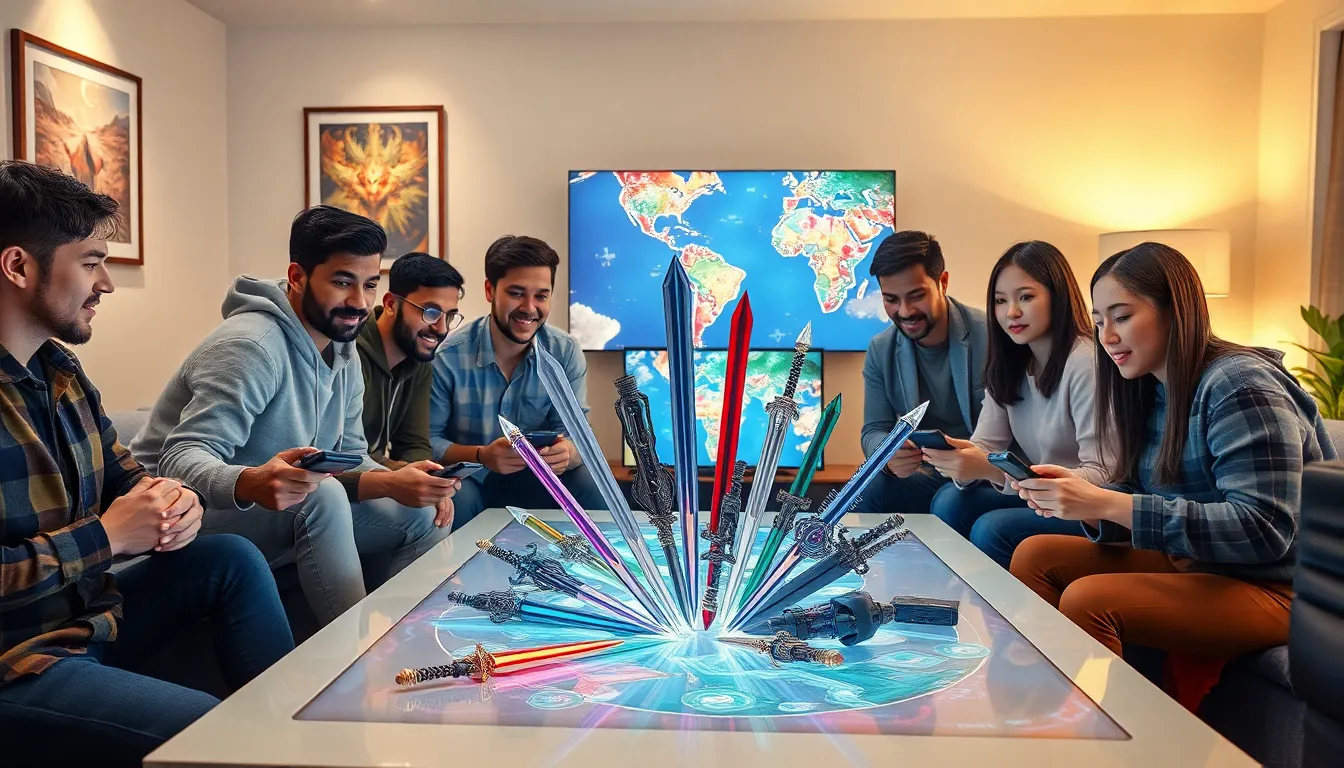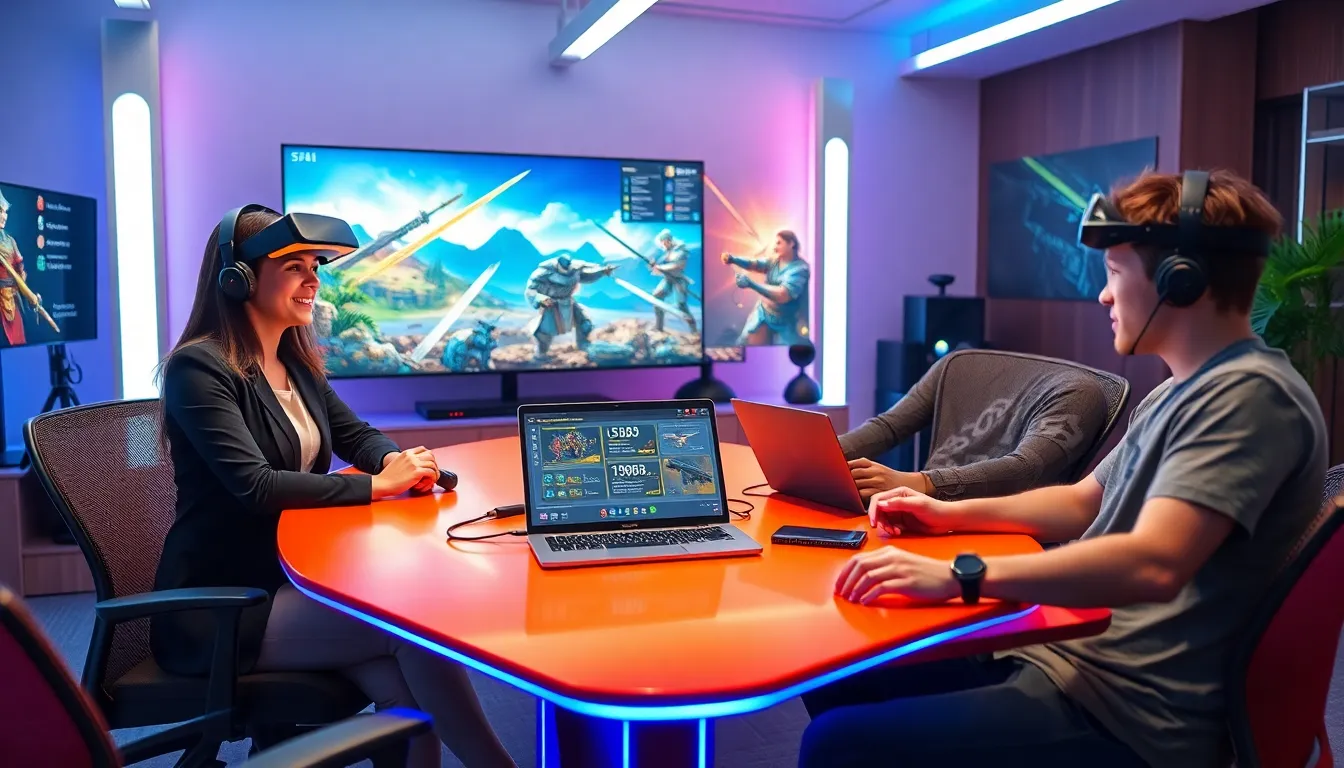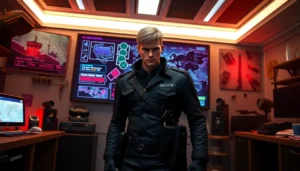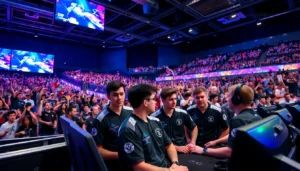Table of Contents
ToggleHave you ever wondered what makes an RPG weapon truly stand out? You might think it’s all about the graphics or the damage stats, but there’s much more to it. RPG, role-playing games, bring an entire universe to life, and weapons are just as integral to that universe as the characters wielding them. If you’ve ever wanted to dive deeper into what RPG weapon meaning really is, you’re in for a treat. This article will guide you through everything you need to know about these fascinating tools of virtual combat. So gear up and let’s go.
Understanding RPGs: A Brief Overview

Role-playing games, or RPGs for short, immerse players in vast, narrative-driven experiences. In these games, players often create unique characters, strive for epic adventures, and engage in intricate storylines. What’s not to love? These games allow them to escape reality and dive headfirst into fantastical worlds filled with magic, mythical beasts, and thrilling quests.
But for these worlds to truly come alive, players need the right tools, and that’s where RPG weapons come into play. Equipped with swords, spells, and various high-tech gadgets, players can experience a rich intersection of creativity and strategy that keeps them coming back for more.
The Definition of RPG Weapons
So what exactly is the meaning behind RPG weapons? At their core, they are tools that characters use to engage in combat. This can range from traditional swords and shields to futuristic laser guns or enchanted staffs. Each weapon has unique attributes, such as damage output, speed, and special effects.
In RPGs, weapons aren’t just random items: they often come with a story. Each blade or firearm carries the weight of its history, often connecting to the lore of the game. Players find themselves choosing weapons not just for their stats but for what they represent in the game’s world.
Types of RPG Weapons
Common RPG Weapon Characteristics
When it comes to RPG weapons, variety is the spice of life. Players encounter numerous types that fall into several categories:
- Melee Weapons: These include swords, axes, and clubs. They necessitate close-range combat, often allowing players to feel the thrill of the action firsthand.
- Ranged Weapons: Bows, crossbows, and firearms allow characters to attack from a distance. They are particularly useful for characters who prefer to stay out of harm’s way.
- Magical Weapons: These may not resemble traditional weapons at all. Wands and staffs that cast spells often have enchantments that add layers of strategy, not to mention some style points.
- Hybrid Weapons: Some weapons combine features from multiple categories, offering unique abilities or effects.
Players often prefer weapons that not only match their playstyle but let them express their unique character identities.
Historical Evolution of RPG Weapons
To understand the meaning of RPG weapons, one must consider their historical evolution. Early RPGs drew heavily from fantasy literature, pulling ideas directly from mythological tales, swords, and sorcery. Games like Dungeons & Dragons established a blueprint that many contemporary RPGs still follow.
As technology progressed, so did the complexity of RPG weapons. The introduction of more sophisticated graphics allowed developers to create intricate designs that enhanced gamers’ immersion. Also, many games began to carry out unique mechanics for weapons, such as crafting systems and customization options.
This evolution reflects a broader trend: as games grew in narrative ambition, so too did the significance of the weapons within them. Today, RPG weapons are often essential for storytelling, character development, and gameplay mechanics.
Cultural Impact of RPG Weapons
The cultural impact of RPG weapons stretches far beyond the gaming community. Players connect deeply with their weapons, often seeing them as extensions of their characters. This emotional bond fosters a sense of achievement and pride, especially when navigating complex narratives.
Also, RPG weapons have influenced broader media, inspiring movies, televisions, and even literature. Iconic weapons, like the Master Sword from The Legend of Zelda, resonate with audiences on multiple platforms. They become symbols, encapsulating the essence of heroism, loss, and adventure.
This influence underscores how RPG weapons are not just tools for fighting: they are narrative devices that enrich storytelling and engage audiences in meaningful ways.




